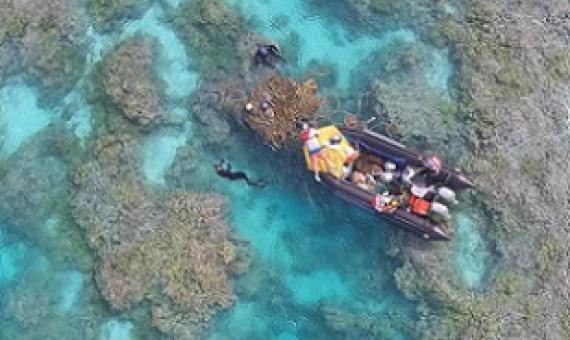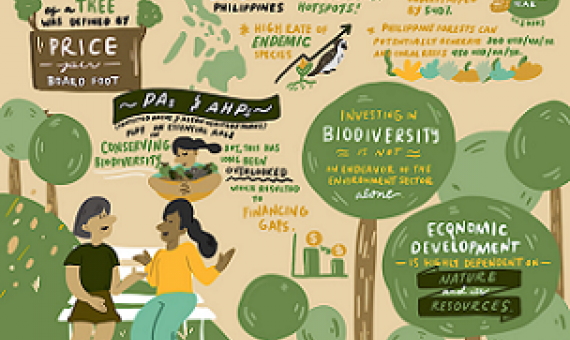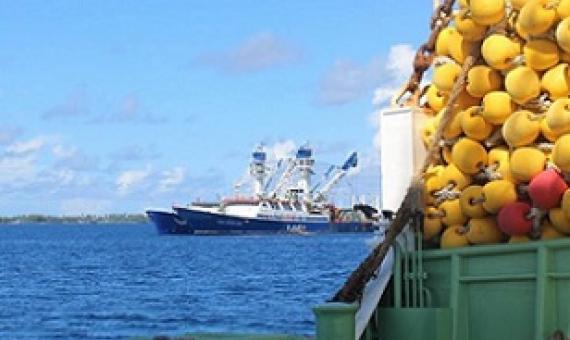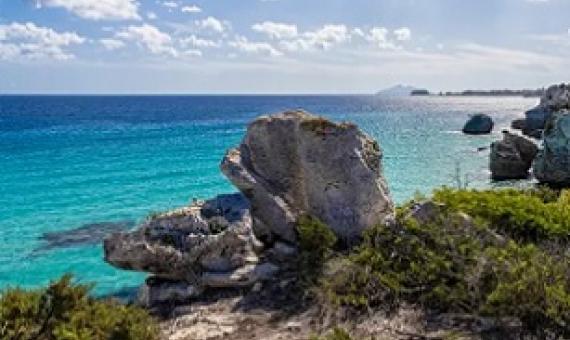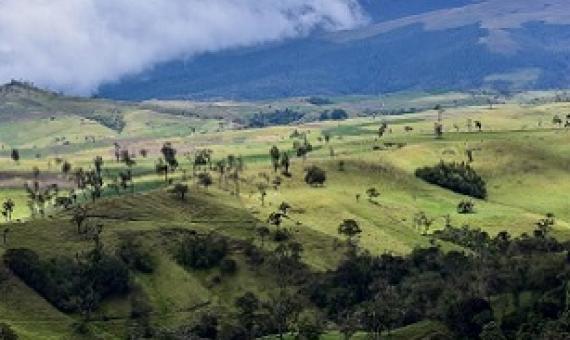The Territory Labor Government is delivering on another election commitment today, announcing it will invest almost $12 million to continue its Aboriginal Ranger Grants program...This funding will ensure around 1,000 Rangers from 47 Ranger groups are further supported with jobs on country, and co
A report released by officials from the Biden administration on Thursday, 6 May calls on NOAA to expand the National Marine Sanctuaries System and National Estuarine Research Reserve System.
The recent launch of the global report, “Economics of Biodiversity: Dasgupta Review,” has once again revitalized discussions around the question: “How does one live a sustainable life and help restore the Earth?” These conversations came at a timely opportunity in the recent April 22 celebration
Some countries and major non-governmental organizations are promoting the ‘30 by 30’ campaign to ‘protect and conserve’ at least 30 percent of the planet – including the ocean – by 2030.
The IUCN’s green list of protected and conserved areas is less well known than its red list of threatened species. But this week, 10 more sites – in Switzerland, France and Italy – achieved green list status, bringing the total to 59 sites in 16 countries.
Pacific Islands Framework for Nature Conservation and Protected Areas 2021- 2025
This Pacific Islands Framework for Nature Conservation and Protected Areas2021-2025 is the principal regional strategy document for environmental conservation in the Pacific. Its purpose is to guide broad strategic guidance for nature conservation planning, prioritisation, and implementation in our region. It reflects the urgent need for transformative action in response to the multiple accelerating threats, both established and emerging, that are faced by nature and people in the Pacific.
The sacred dimension of protected areas: proceedings of the Second workshop of the Delos Initiative - Ouranoupolis 2007
As environmental problems continue to increase at an ever more rapid rate, exacerbated by the major threat of global climate change, the need for widespread remedial action is becoming ever more pressing. Scientific consensus on both the root causes of these problems and the measures required to tackle them is growing, while mass media and public interest has reached fever pitch.
Scientists have called for the use of climate projections in conservation planning, to ensure that areas most at risk from biodiversity loss and climate impacts are protected.
An Essential Guide to Enjoying US National Parks Responsibly
Enjoying the outdoors and getting enough exercise has been difficult this past year. Despite lockdowns and social distancing measures, national parks remain one of the few places where you can do both of those things safely. ‘An Essential Guide To Enjoying National Parks’ offers a lot of useful information, such as:
Biodiversity and Protected Areas
Protected areas are key to biodiversity conservation. While the value of protected areas is generally undisputed, challenges remain. Many areas designated as protected were created for objectives other than biodiversity conservation, and those objectives can conflict with biodiversity conservation. Protected area legal status is, in many cases, impermanent.


